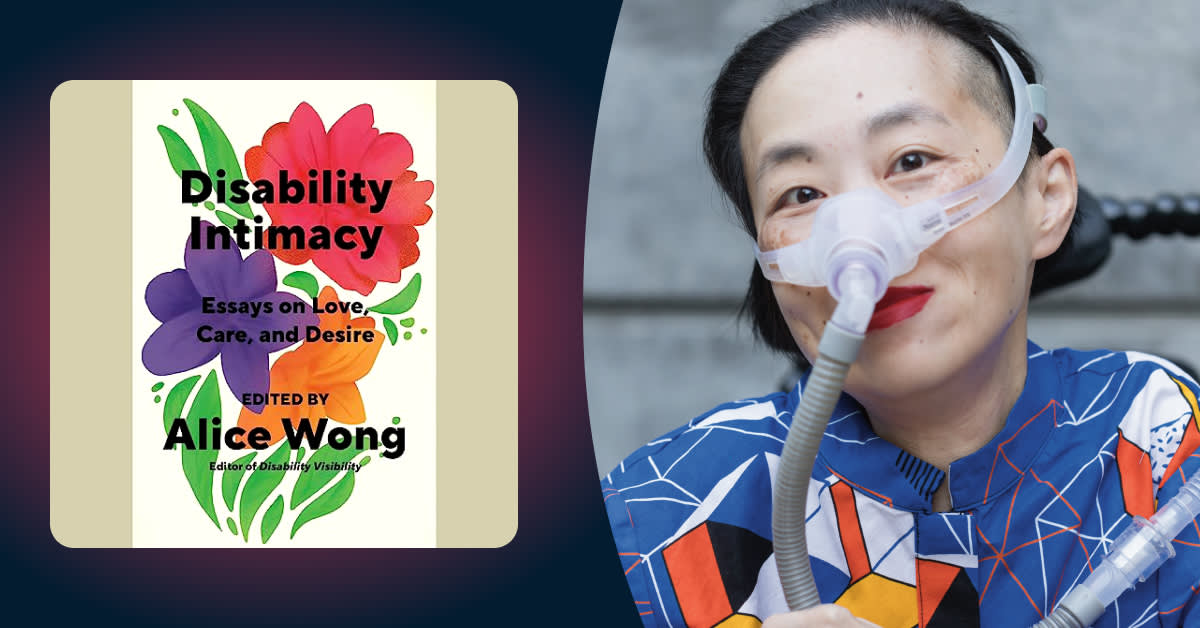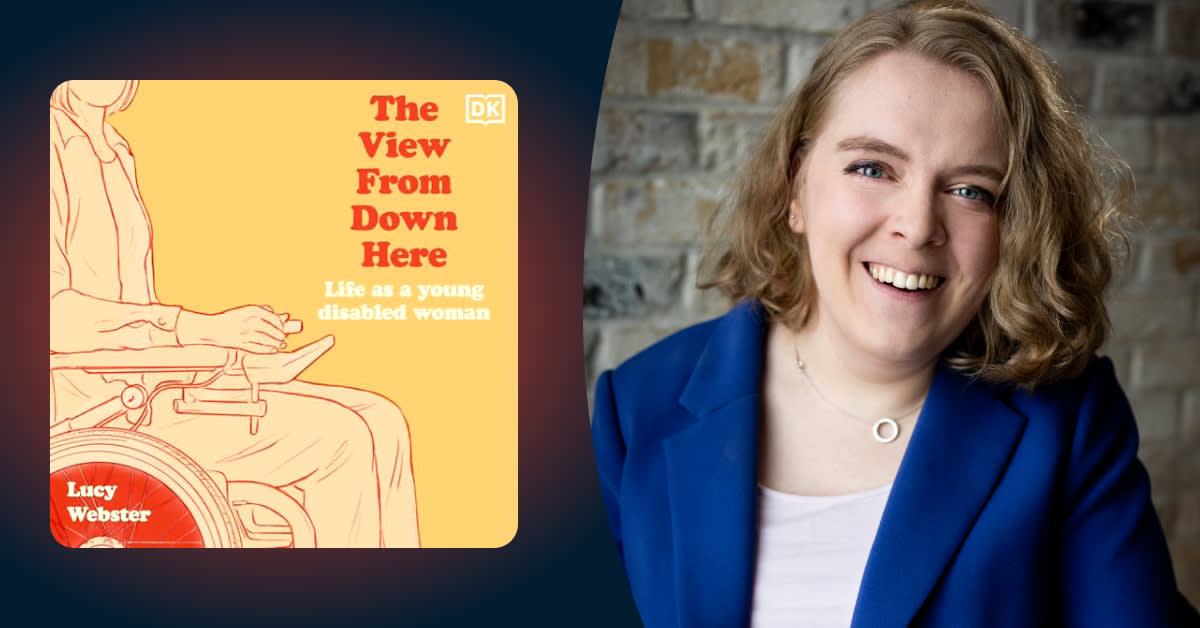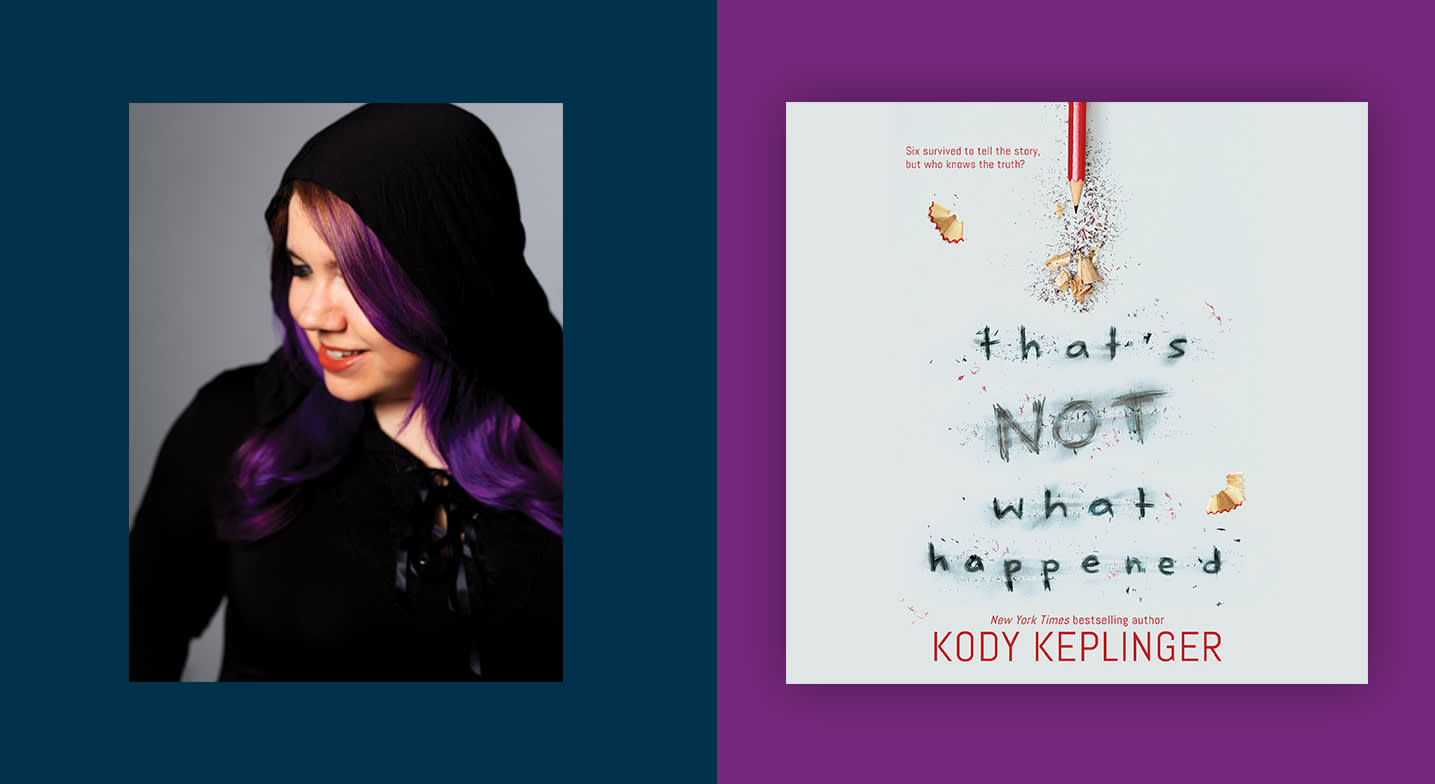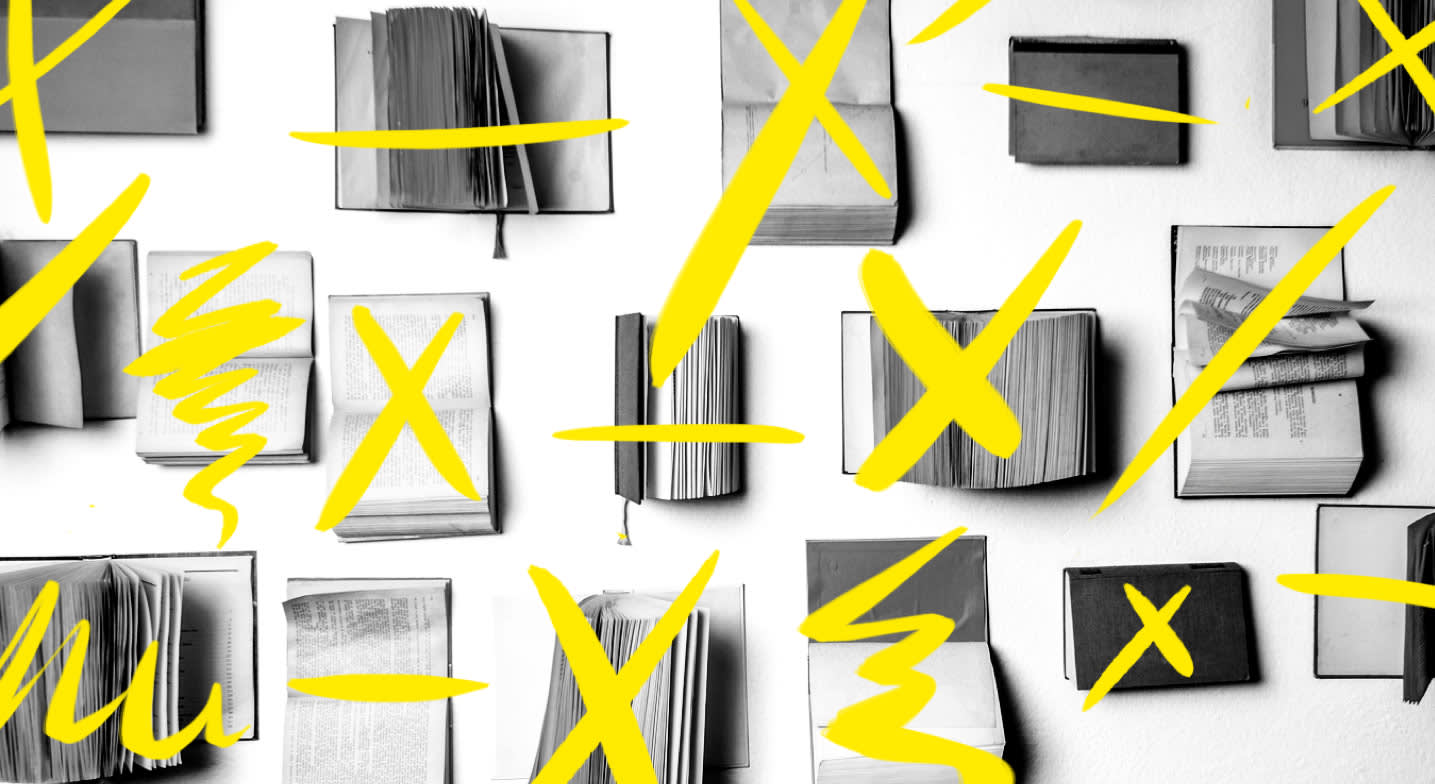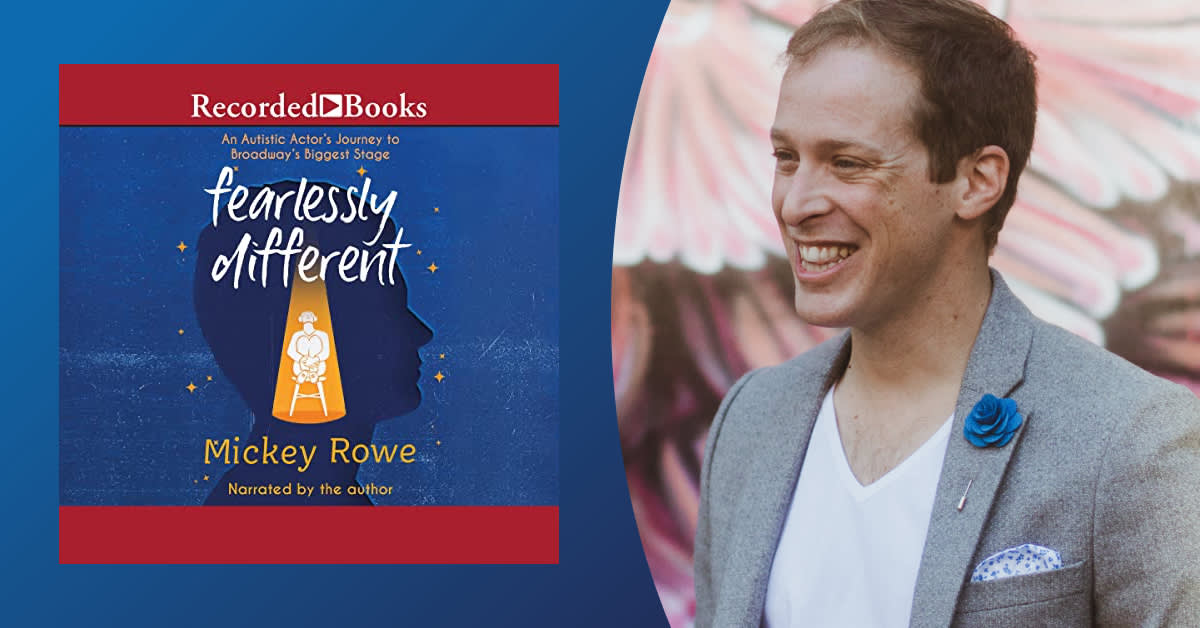Author, editor, and activist Alice Wong has been amplifying the voices of disabled persons for more than a decade. In Disability Intimacy, the deeply personal anthology she recently edited, Wong lifts the veil on the intimate lives of disabled persons, forcing listeners to question what they think of when they hear the word “intimacy” to begin with. What preconceived notions do we have? Why are we programmed to look at life and love through an ableist lens (even when we don’t want to)? This conversation left me wanting to understand more deeply—and to act on that newfound understanding.
Madeline Anthony: This collection of 25 first-person essays challenges the cultural stereotypes we have around what exactly constitutes intimacy, broadening the definition of the word and illuminating a new way of thinking about intimate acts. Why was it important for you to curate this essay collection now?
Alice Wong: One thing I find tiresome is how disabled people are still put in the position of having to prove they are just like everyone else—that they date, have sex, can become pregnant, get married, have children, etc. This presumes that in order to be accepted, we have to be relatable and center ourselves to non-disabled people’s notions of normalcy. Well, eff that. I am much more interested in the many unique and brilliant ways disabled people care for one another that go beyond romantic love and sex.
"Similar to how queer people expand and upend notions of family and sex, disabled people push and create our own ideas of intimacy."
I’ve been thinking about this—when I was seriously ill and hospitalized two years ago, I received so much love from my community. I was at one of the lowest points in my life where I was scared, vulnerable, and in need of help. People close to me showed up and were so generous with their resources, time, and labor. The pandemic also informed my thinking on intimacy. As someone who is high risk, the first two years in particular were lonely as I self-isolated. While people think everything is back to normal (no, we are still in a pandemic), high-risk and immunocompromised people are incredibly creative in sharing affection and care remotely, from afar, and with safety precautions. I hope that this anthology challenges people to broaden their ideas of what intimacy can look like and maybe that will change how they relate with others and themselves.
In your previous works, including the groundbreaking anthology Disability Visibility and your 2022 memoir Year of the Tiger, you discuss structural ableism and how our world centers around hyper productivity, white supremacy, and capitalism. How do these realities play a role in intimacy?
There are days where I feel like I am living in an alternate universe when agencies such as the CDC changed guidelines, no longer recommending people stay home from work or school for five days after testing positive and only stay home if they are symptomatic, which flies in the face of the fact that COVID, along with other airborne pathogens like the measles, can spread asymptomatically for days. Public health infrastructure has been decimated under the current administration with President Biden and other prominent doctors, officials, and leaders declaring the pandemic to be over and that deaths of vulnerable people like me are acceptable losses. Masking in healthcare settings is no longer mandated in most places across the country, which is wild to me because it’s just common-sense infection-control protocol even before COVID.
People living with Long COVID have zero treatment options, are not getting the help they need, and are often not believed by the people closest to them. States such as New York may end mandated sick leave for COVID. And this is all in the bid to return to “normal,” get people working again, end remote work in favor of in-person workplaces, and keep the economy going while not recognizing how workforce shortages are the result of people getting sick, unable to rest and recover, and often getting infected again, which increases the risk of developing Long COVID.
Many disabled and sick people have said that the pandemic is a mass-disabling event that will have consequences for generations to come. People in power deny and downplay it. When people mask, they are doing it for themselves but also for others. Community care is an act of love that is not valued by our society, and this only pushes the most marginalized to the edges. I often feel like I am screaming into a void and that the capitalist march forward is unstoppable, but I know I’m not alone. When my heart hurts and I am down, I turn to my disabled friends. Reading beautifully tender essays in this anthology such as the one by contributor Nicole Lee Schroeder gives me hope: “Disabled love is a different kind of love. It’s neither born from blood ties nor proximity. It doesn’t hold to the same rules as romantic, platonic, or familial love. It comes from a shared desire for a better world. It sustains us in moments when we don’t love ourselves, and it offers a tether to cling to as we cycle through grief and readjustment. It’s not performative or draining.”
"All kinds of intimacies occur when communities are pushed to the brink, gaslit, and dehumanized."
Some of these intimacies happen out of necessity and others have always been present, nourishing and sustaining us. Disability Intimacy reveals a glimpse of these intimacies.
You have previously said that “like many people excluded and devalued in society, disabled people have been speaking truths that most people do not want to hear.” What is one truth you would like to share with our listeners that should be heard?
There is a real beauty, grace, and magic in being disabled (which doesn’t take away from its harsh realities).
Among many things—author, consultant, editor—you are also an activist and founder of the Disability Visibility Project. What is the ultimate goal of this project, and what is one action that anyone can take to support this work?
This is a great question! I’ve been publishing, editing, and amplifying stories by disabled people through the Disability Visibility Project for almost 10 years. One action people can take is to seek out these stories and support disabled storytellers, whether it’s with books or podcasts, TikToks, films, art, etc.
